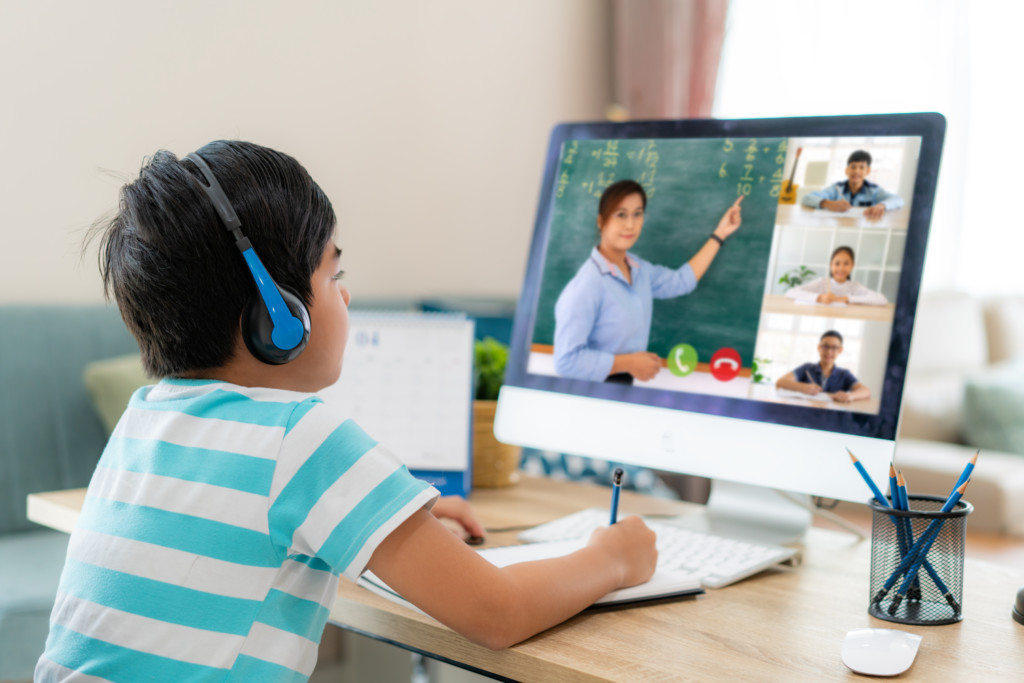 Editor’s note: Today’s post features outtakes of an interview resident scholar at the American Enterprise Institute Rick Hess conducted for Education Week with redefinED guest blogger Mike McShane, director of national research at EdChoice. You can read a piece McShane wrote for redefinED about hybrid homeschooling in Florida here.
Editor’s note: Today’s post features outtakes of an interview resident scholar at the American Enterprise Institute Rick Hess conducted for Education Week with redefinED guest blogger Mike McShane, director of national research at EdChoice. You can read a piece McShane wrote for redefinED about hybrid homeschooling in Florida here.
Hess: All right, so what is hybrid home schooling?
McShane: Put simply, hybrid home schools enroll children in a traditional brick-and-mortar school for part of the week, and students learn from home for part of the week. Ultimately, though, hybrid home schooling is an umbrella term that describes the temporal arrangement of schooling, and there are a lot of ways that it plays out. Some schools have two days at home and three days at school, others do three and two, one and four, or four and one. Some schools take more control of curriculum and prescribe what students do when they are at home, while others leave home days more in the hands of parents. For younger children, parents tend to take a much larger role in the actual instruction. As children age, they tend to work more independently.
Hess: That sounds pretty similar to what many families have experienced over the past twelve months. Is it the same thing?
McShane: Sort of. The big difference is that the schools I profile were built from the ground up to operate on a hybrid schedule while most schools went hybrid on the fly this year. That makes a huge difference for the buy-in of children and families, trust and expectations, and the community that supports the school.
Hess: What kind of accountability applies to hybrid home schooling? What do we know about how students fare?
McShane: Well, there are some hybrid home schools in the traditional public and public charter sectors that are subject to the same accountability rules and regulations as public schools. But more broadly, every hybrid home school I profile is a school of choice, so ultimately, they are accountable to the parents who choose to send their children to them. As far as longer-term outcomes, there really isn’t great, reliable performance data on hybrid home schools, as any careful causal research would pretty quickly run into serious selection bias problems.
Hess: OK, so what’s it look like for parents or principals to actually do this? What’s required to get started?
McShane: Many hybrid home schools start as groups of home-schooling families that come together when they realize there are certain things that they might be better able to do together. For example, parents might not be comfortable teaching higher-level math and science or want to get students together to discuss novels with other children who are reading them. So, they start a small school—though it depends on state home schooling and private schooling rules and regulations as to exactly what that can look like—in a rented or donated space and get to work.
You can rad the full interview here.


